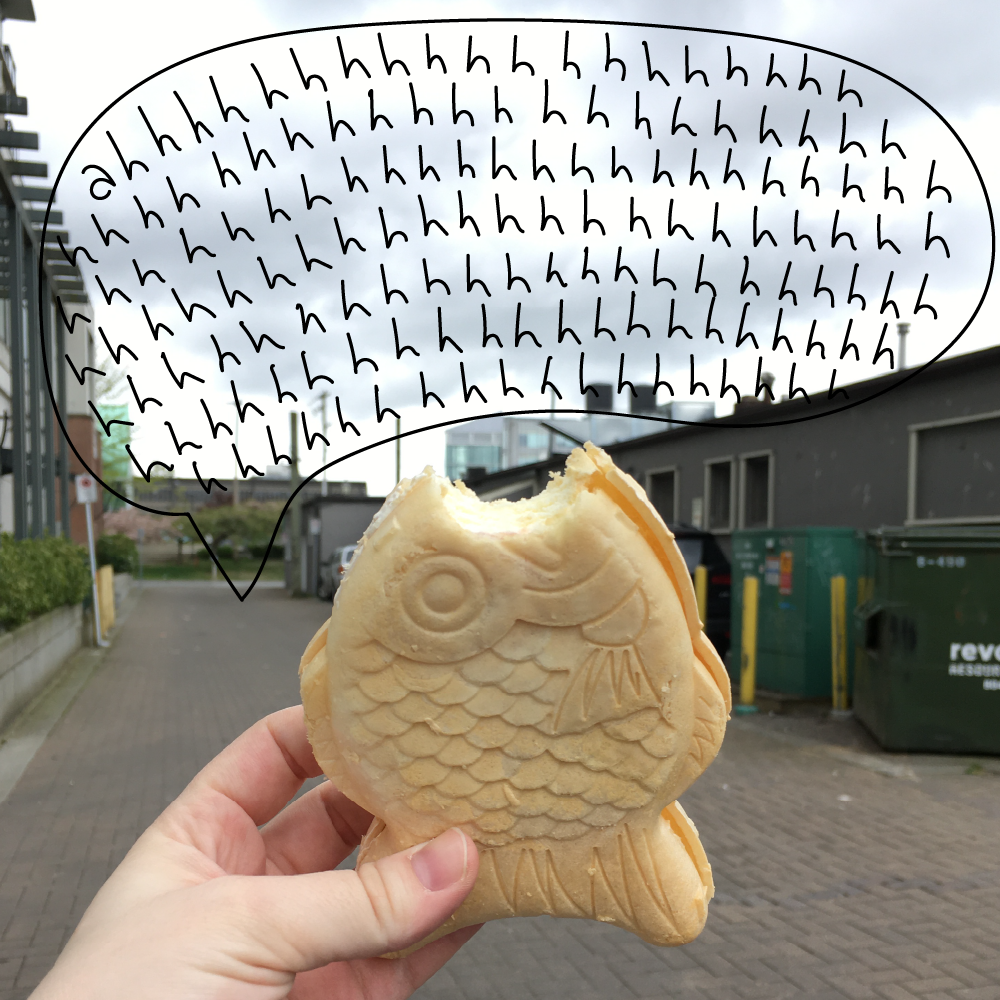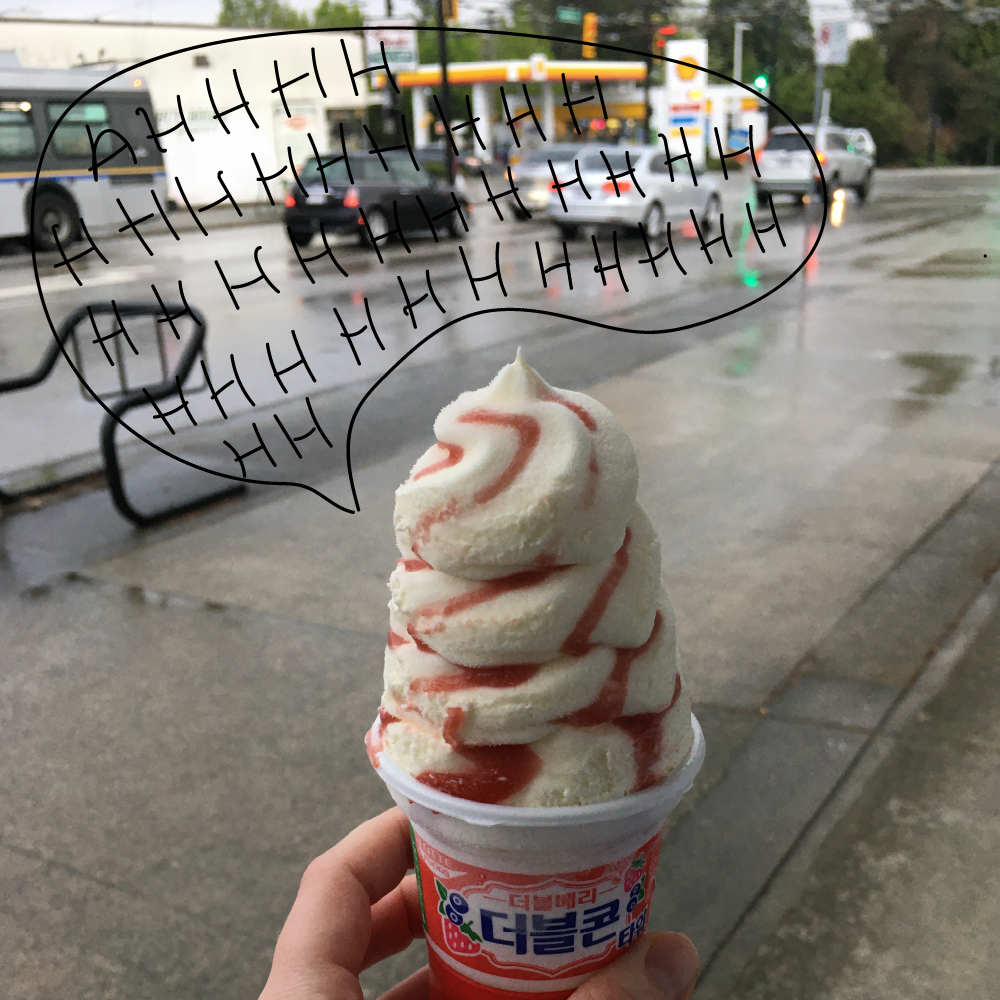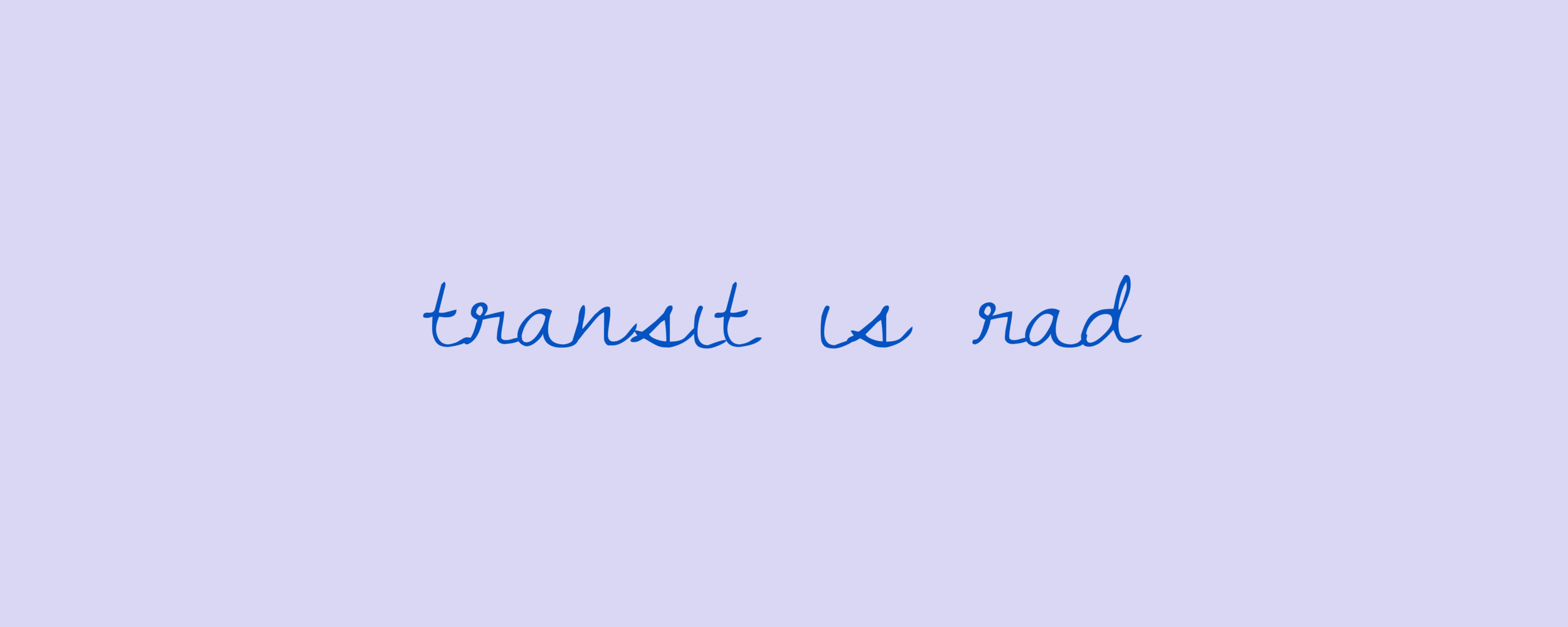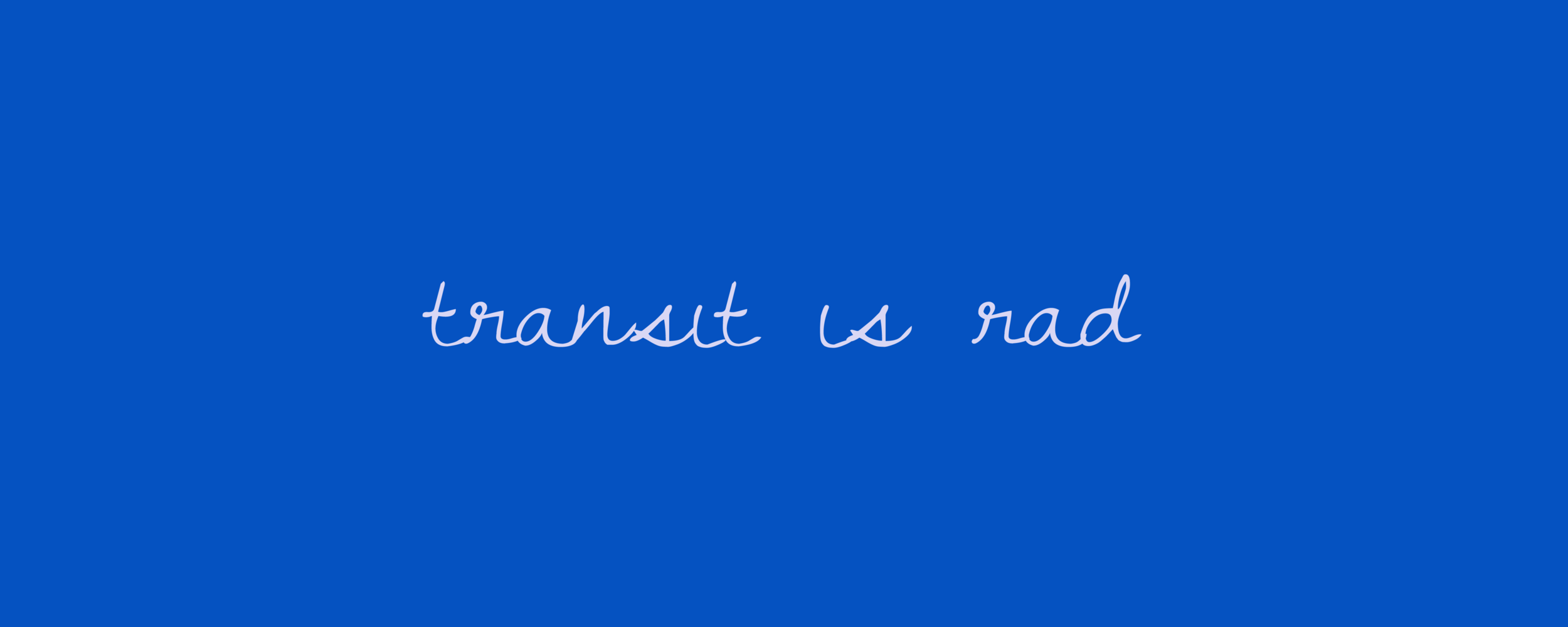Several years ago I did the Trans Siberian Railway from Beijing to Moscow with my dad and sister. At the time I said I wanted to write a book about it. I’d always wanted to be a travel writer and this seemed like an excellent opportunity to write about a big trip along a famous route. It started with a name: Set Your Watch to Moscow Time. Then a bunch of notes during the trip.
I’ve been “writing” that book ever since. I did write out a first draft by hand and then typed it up. I printed it out and marked up various notes that I carried around with me.
Mostly I’ve been thinking about it and trying to get it together enough to work on it. To actually set aside time, to begin.
One of the things I find myself doing a lot since getting diagnosed with ADHD is revisiting things I started and then never quite got around to finishing, I spend a lot of time digging through what old versions of myself got done on projects and trying to figure out how to actually finish them. I have two essays and a book all based off of stuff I started and never finished that are on my mind, that make it to the top tier of to write stuff.
The essays won’t be ready to work on until I find some photos so they aren’t my focus currently. Set Your Watch is. It feels good to finally be working on it, to be finding a pace and routine that allows me to get it done. Right now the goal is an hour a week. So far I’ve made more progress in the last three weeks than I have in the last three years.
It feels dauting and impossible. Ridiculous even. Why keep going with this project? Why commit to this effort?
The answer goes back to who I was as a teenager, the decision that I wanted to write a book. I have other stuff I could work on but it’s all in the gathering/research phase. It’s not in the edit the thing you already spent ages writing phase.
I want to start this thing that I finished. I want to learn how to write a book and this seems like as good a chance as any. Whatever I pick I have to say no to a lot of other things I could be doing.
It feels strange to be working on this project because I am convening with so many different versions of myself. The one that planned the trip, went on it, wrote the draft out by hand, typed it, edited it. It’s been almost a decade since I started. It will be longer than that if it ever gets published. It’s weird.
I don’t re-read books but I’m placing holds on the ones I read back in those days. I wonder how they’ll feel now on the other side of all these years?









![2020.04.29 Christine [and the Queens].png](https://images.squarespace-cdn.com/content/v1/598fa92de6f2e104f7ffa2c4/1588193481379-618JZNB10UM17ZMBAYRL/2020.04.29+Christine+%5Band+the+Queens%5D.png)


